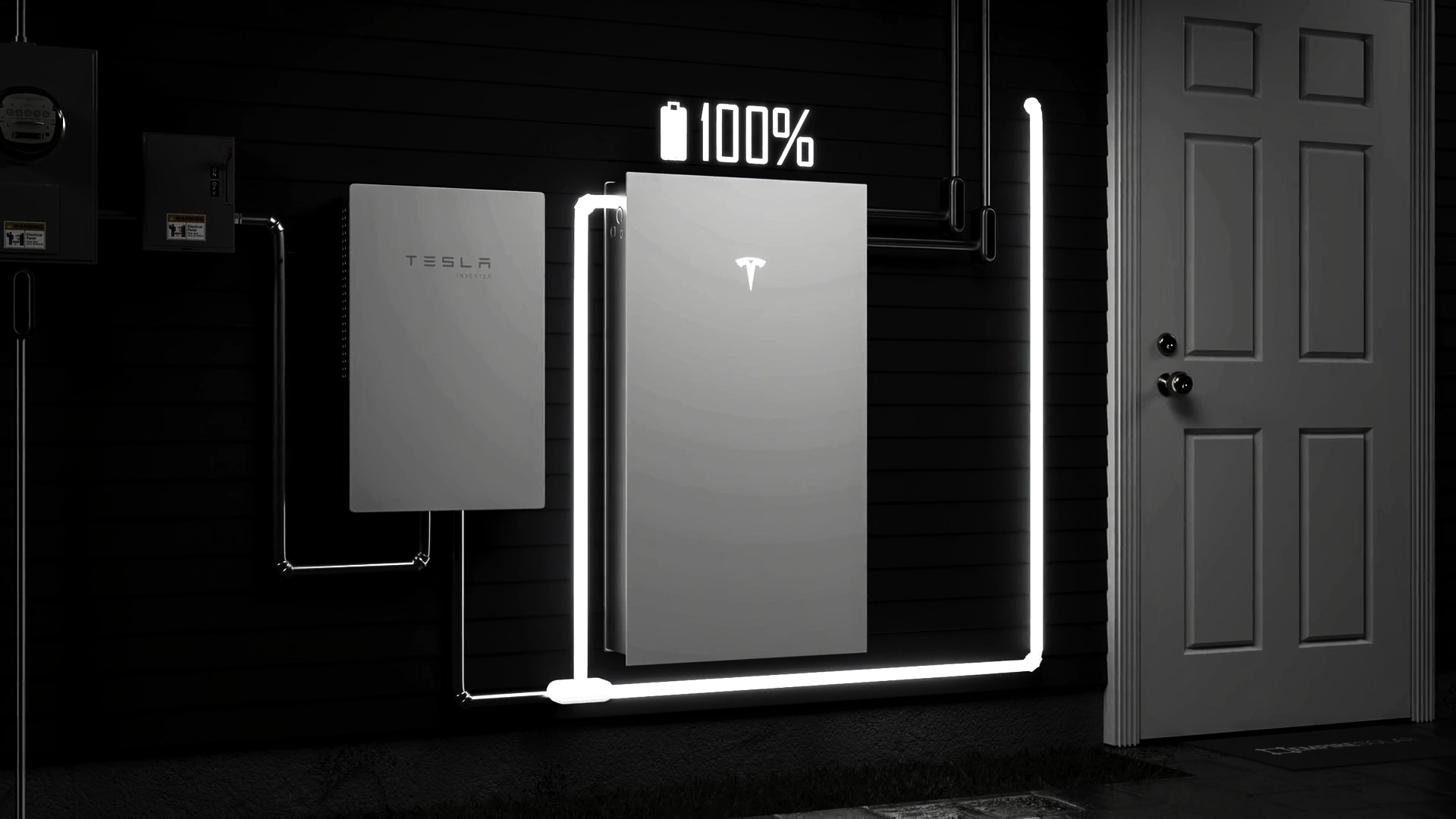If you’ve been thinking about going solar, recent tariff changes may significantly impact your decision. Early in 2025, the U.S. government imposed higher tariffs on imported solar equipment, doubling some fees from 25% to 50%. This decision is already driving equipment prices up, raising a critical question for New York homeowners: Is now still the best time to go solar?
How Do New Solar Tariffs Impact The Cost of Solar Equipment?
Tariffs directly increase the cost of imported solar panels, inverters, and other crucial components. While intended to promote domestic manufacturing, these tariffs have triggered a noticeable spike in equipment prices across the solar industry. This affects both imported and domestically produced equipment, as domestic manufacturers now face increased demand and limited supply, pushing prices even higher.
Are Solar Prices Actually Rising Because of Tariffs?
The simple answer is yes. Since the tariff increase announcement, the solar industry has seen prices climb by approximately 10-15% on average. Although tariffs primarily target imports from countries like China, it’s important to understand that not all solar components come from overseas. When tariffs restrict supply from abroad, demand shifts to domestic products, further straining domestic supply chain and increasing prices on US made products.
This price increase isn’t temporary. Industry experts predict continued pressure on pricing through at least the end of the year.
Can Current Solar Incentives Offset the Rising Costs?
Right now, New York homeowners can currently take advantage of several amazing incentives:
- 30% Federal Investment Tax Credit (ITC)
- $5,000 New York State Tax Credit
- Up to $3,750 in upfront NYSERDA Rebates (availability varies by zip code)
- New York City Property Tax Abatement: Equal to 30% of your project’s cost
Combined, these solar programs reduce the total solar installation costs by more than $20,000, significantly offsetting tariff-driven price hikes (if you act soon).
These incentives are not guaranteed to last. As more homeowners go solar, the available NYSERDA rebate funds decrease, and incentives get smaller over time. While the federal tax credit is legislated through 2032, that doesn’t mean it can’t be revised or reduced by new government administrations.
We’ve seen these programs change before, and when they do, they rarely become more favorable.
Why Is Now Likely the Best Time to Go Solar?
Given the combination of rapidly rising equipment costs due to tariffs, shrinking incentive availability, and continuously increasing utility rates, the current moment offers optimal financial conditions for installing solar.
Electricity prices in New York are climbing fast, driven by utility companies like ConEdison, National Grid, and Central Hudson repeatedly filing for rate increases. Additionally, Canada recently threatened a 25% surcharge on electricity exports to the U.S., potentially driving electricity prices even higher during peak demand.
Here’s what you risk by delaying:
- Higher upfront costs: Prices for solar systems will likely continue to rise as tariff effects deepen.
- Reduced incentives: NYSERDA rebates decrease as more homeowners take advantage, making incentives less generous over time.
- Increased utility bills: Utility companies continue raising their rates, and potential tariffs on Canadian electricity exports could further escalate these costs, making grid electricity increasingly expensive.
- Limited access to premium equipment at current prices: By waiting, you risk losing the ability to lock in today’s pricing on high-quality equipment, including advanced battery storage systems, as market demand and tariffs continue to drive costs upward.
Acting now allows you to lock in today’s equipment prices, maximize available incentives, and shield yourself from further increases.
Reliable Advice: Should You Invest in Solar Today?
From our extensive analysis and industry experience, the most financially advantageous decision is to move forward with your solar project sooner rather than later. While tariffs will continue affecting the market, current incentives provide a crucial buffer. But this window of opportunity won’t stay open indefinitely.
If your roof is in good condition, your electricity bill exceeds $100 per month, and you plan on staying in your home for at least two years, going solar now could save you thousands in future costs.
We understand that deciding whether to go solar involves careful consideration, especially with changing costs and incentives. Our team is here to clearly explain how tariffs might specifically affect your installation and potential savings. Speak With Our Solar Specialist (Free) ➞


